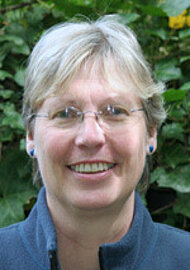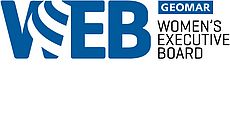Prof. Dr. Jeanine L. Olsen
Department of Marine Benthic Ecology and Evolution
Centre for Ecological and Evolutionary Studies (CEES)
University of Groningen
P.O. Box 111039700 CC
Groningen
The Netherlands
Homepage
Genetics and genomics for seagrass ecosystems: towards linking process and function
Freitag, 10. Oktober 2014 11:30 am, Hörsaal [R.B54], GEOMAR, Westufer
Abstract: Seagrass meadows provide foundational habitat supporting high biodiversity and numerous ecosystem services in the coastal zone worldwide. Their high primary productivity, low decomposition rate and longevity make them among the most efficient and significant carbon sinks on the planet—1 h of seagrass equals 10 h forest. Unfortunately, seagrasses are extremely sensitive to human pressures, are under worldwide threat and difficult to restore once lost. In response to this crisis, population geneticists and community ecologists have joined forces to better understand the dynamics of these key engineering species. The availability of a high quality reference genome is part of this effort and represents a timely step forward in fundamental studies of adaptation across the diversity of habitats occupied by Zostera marina (and seagrasses more generally). Genetic/genomic assessment tools are advancing our understanding of the complex relationship between genetic biodiversity and ecosystem function at the community level, as well as resilience and adaptive potential at the population level. In this talk I will focus on Zostera marina, the most widely distributed seagrass throughout the northern hemisphere. I will review key highlights with respect to: 1) the global distribution of genetic diversity and its forms; 2) the strong positive relationship between clonal biodiversity and ecosystem function based on a global experiment; 3) temperature stress experiments at the transcriptomic level; and 4) first exciting results from the Zosmar genome sequencing project including future challenges. [PDF]




